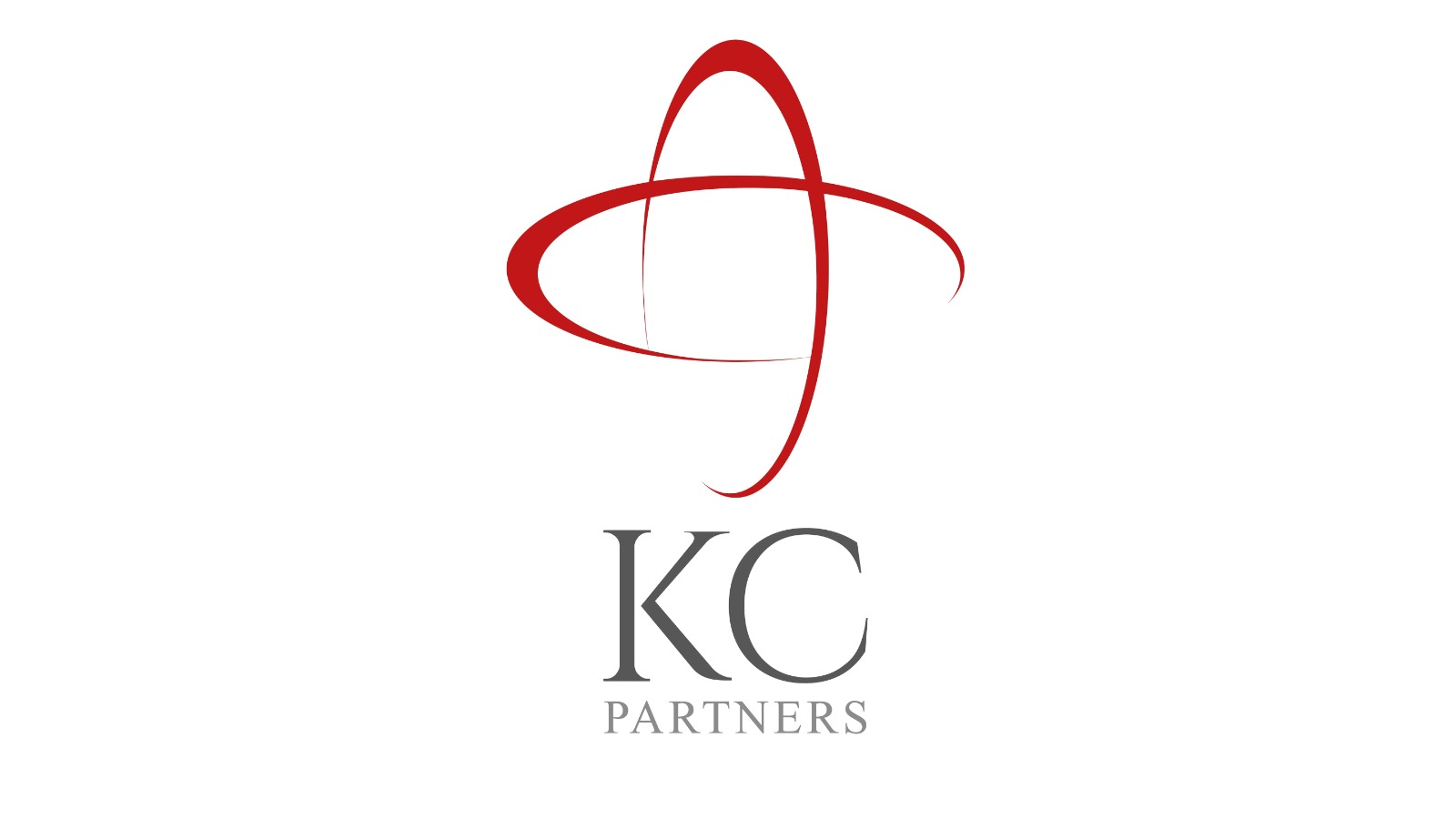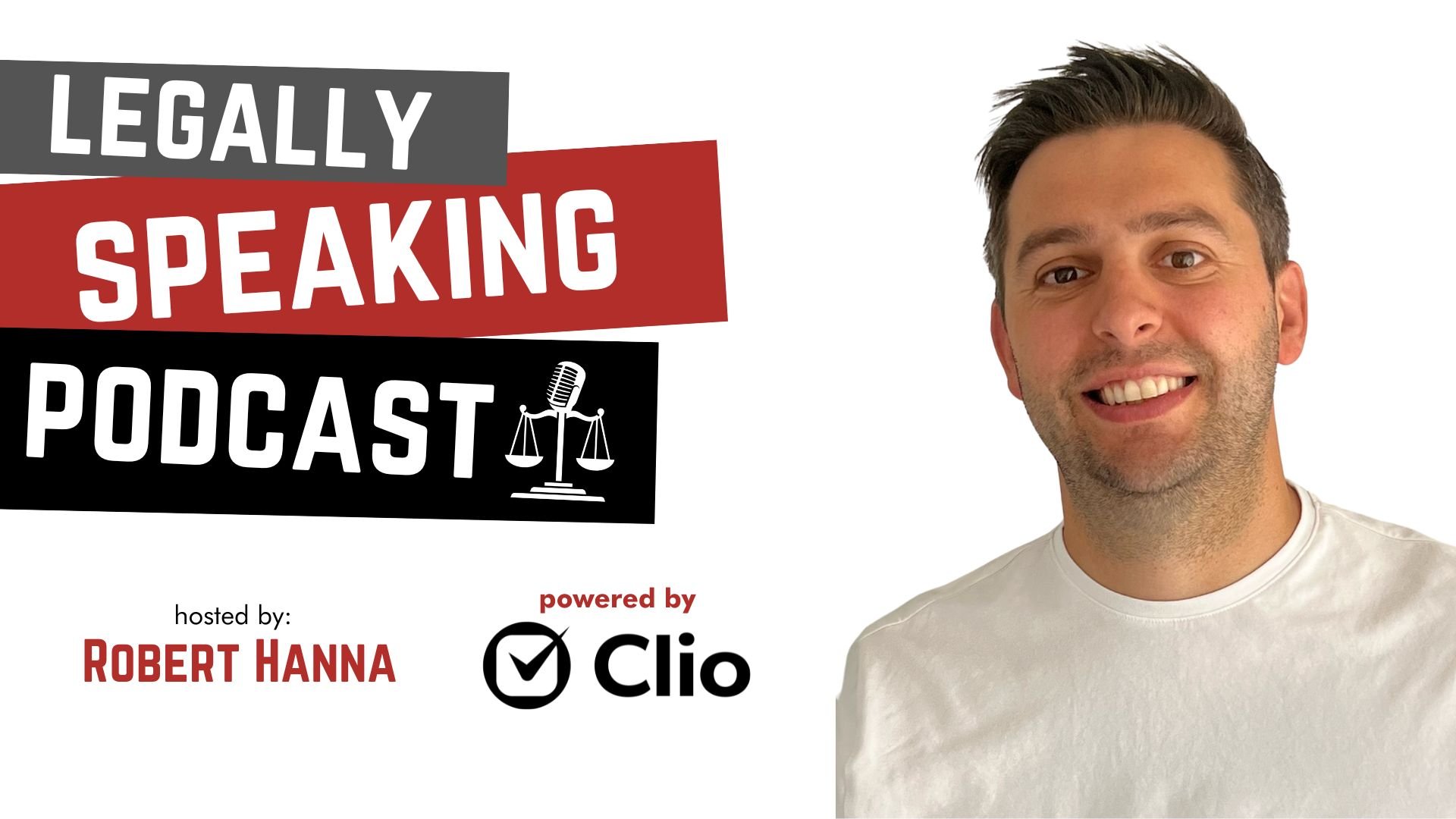Undergrad, law school, and the bar are all part of the journey and it seems that every time a student passes one phase of the process, another one is waiting.
After finally jumping through all of the hoops, you’re left with one final challenge: get hired. That’s certainly easier said than done.
The current job market for law school graduates isn’t great. Last year, the National Association for Law Placement reported that only 87.6 % of 2010 graduates were employed after graduation, and being employed doesn’t necessarily mean they are getting paid; this is a low rate unseen since the mid-1990s.
The current job market requires new layers to not only interview well, but set themselves apart from the crowd.
There are certain imperative steps you must take when going to an interview. It seems to go without saying but you obviously must dress professionally and be on-time.
Here are some less obvious steps you should take before an interview:
1. Really Research the Law Firm
Do research beforehand on the firm you’re interviewing with; it’s a must that they not only believe you’ve actually heard of them (or took initiative to learn about them), but that they were your first choice for a job.
There are a ton of resources online for doing reconnaissance (Glassdoor.com, LinkedIn, Matindale-Hubble, and articles written for legal industry periodicals, as well as obviously bio pages for the partners or staff you’re meeting.)
2. Understand the Role in the Law Firm
If you’re interviewing for an associate position (or even an internship), make an effort to really understand what the firm’s expectations are of you. This means either dissecting the job description, or if there isn’t one, doing enough research to find out what the role really requires. This might seem like a given, but the competition is tough, and you can edge out other candidates by being more diligent on this front.
3. Know Your Career Narrative Inside Out
Your resume (or a contact) may have gotten you the interview, but the real challenge begins now. About 10%-20% of the interview will be focused on confirming your resume and that you know what you’re talking about from a “technical” standpoint. The remaining 80%-90% is often about finding out if you’re the right fit for the position or culture. Essentially finding out if you’re a pain in the butt to work with every day.
In addition to the typical law firm interview questions you’d expect to get, you’re going to have to craft some “interview stories”. These stories are in fact those longer answers that you give to behavioral questions – for example: “Tell me about a time you had multiple, time-sensitive projects due — how did you prioritize and what was the result?”
The interviewer is likely to be looking for your prowess in several specific competencies or skills — they could be “time management”, “negotiation”, “calm under pressure,” etc.
Most people end up whiffing on this question because they start to ramble, go off on tangents, or just simply can’t articulate a cohesive and compelling story – wasting a golden opportunity.
After researching the job description, have 3 or 4 of these relevant interview stories ready to use.
4. Preparing for the Law Firm’s Interview Questions
It reflects poorly on you if you’re unable or unwilling to answer a question an interviewer asks you.
Before your interview, research commonly asked questions and really understand and practice how you’ll answer them. Obviously, every interview will be different, but if you can articulately and thoughtfully answer the questions below (and also have several “interview stories” in your back pocket), you’ll likely land the position:
- Tell me about yourself.
- Why did you decide to go to law school?
- Why did you choose your law school?
- Are your grades an accurate reflection of your abilities? Why or why not?
- What makes you think you are a good lawyer?
- What do you know about our firm?
- How has your education and experience prepared you for the practice of law?
- What area of law most interests you?
- Tell me about a major accomplishment.
- What are your long-term career goals?
- What interests you most about the legal system?
- Describe a professional failure and how you handled it.
- What are your weaknesses?
- Why should we hire you over other candidates?
- What questions do you have?
5. Always Ask Questions
At the end of the interview, it’s important that you ask questions. This shows that you were not only prepared and thoroughly listened to your interviewer, but that you’re seriously interested in the firm. For more info on this, read our Top 12 Best Questions to Ask at the End of the Job Interview article.
6. Don’t Forget Your Interview Thank-you Note
The thank-you note is an important little piece of the interview process, and an art form unto itself. For info on how to structure a great thank you check out: Job Interview Thank You Notes 101
Getting a good position at a law firm is not easy even if you have stellar credentials. But remember, your resume are credentials are only a small part of the whole process. You can make up for any perceived weakness on paper by making the strongest possible impression when you’re face-to-face with the partners.
Source: biginterview.com
Now you’ve aced your interview, check out how you can make the most of a client secondment!





